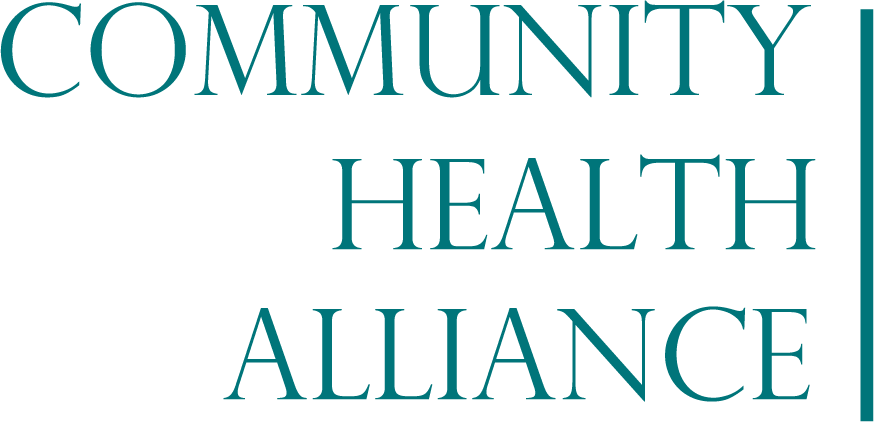How Parents Can Support Their Teen’s Mental Health
Over the past two years, we have all been struggling to get back to some type of normalcy in the face of the COVID-19 pandemic. It has been especially hard on teenagers who have had their schooling and routine disrupted by the pandemic. The lack of socialization and opportunity to make connections has only made it harder for teens during these times. Due to these factors, over the past year, there has been a surge in teens experiencing a decline in their mental health. According to the U.S. Surgeon General Report, emergency room visits for attempted suicide rose 51 percent for adolescent girls in early 2021 and for boys rose 4 percent.
View this post on Instagram
What to Look Out For
Parents can keep an eye out for the following behavioral changes in their teen:
- Increase in low moods and anxiousness
- Low motivation
- Increased isolation
- Poor academic performance or the desire to avoid school
- Coping through substance use (marijuana, alcohol, hallucinogens, etc.)
- Changes in peer groups
- Increased use of social media
- Experimentation with self-harm and/or increase in suicidal ideation
Tips to Support Teens
If you have noticed these behaviors in your teen, here are some ways to help support them:
- Ask questions! Here are some examples:
- How have you been feeling?
- Have you noticed changes in your mood?
- Who are you turning to when you are in need? Family? Friends?
- Tell me about how school has been going.
- Is there anything worrying you?
- How is your (sleep, energy and appetite)?
- What are you doing for fun/self-care?
- How do you feel about yourself?
- Normalize their experiences and emotions
- Remind them that this transition is not their fault
- Assess for suicidal thoughts
- Ask questions regarding mental health during medical appointments
- Ask to speak with a behavioral health specialist
- Remember to practice and model healthy coping mechanisms for your teen
If your teen is having a suicidal crisis or emotional distress, reach out to the National Suicide Prevention Lifeline at 1-800-273-8255 or by dialing 988. They provide free support 24 hours a day, 7 days a week in the United States.
Community Health Alliance also has a team of behavioral health specialists at each of our health centers. When booking an appointment, please specify that you would like to see a member of the behavioral health team. You may also request an appointment during your visit. Please call (775) 329-6300. Let us help you navigate and support your teenager’s mental health.
Sign Up for Our Newsletter
SubscribeSign Up for Our Newsletter
By submitting this form, you are consenting to receive marketing emails from: Community Health Alliance, https://www.chanevada.org. You can revoke your consent to receive emails at any time by using the SafeUnsubscribe® link, found at the bottom of every email. Emails are serviced by Constant Contact
By submitting this form, you are consenting to receive marketing emails from: Community Health Alliance, 680 S. Rock Blvd, Reno, NV, 89502, https://www.chanevada.org. You can revoke your consent to receive emails at any time by using the SafeUnsubscribe link found at the bottom of every email.


